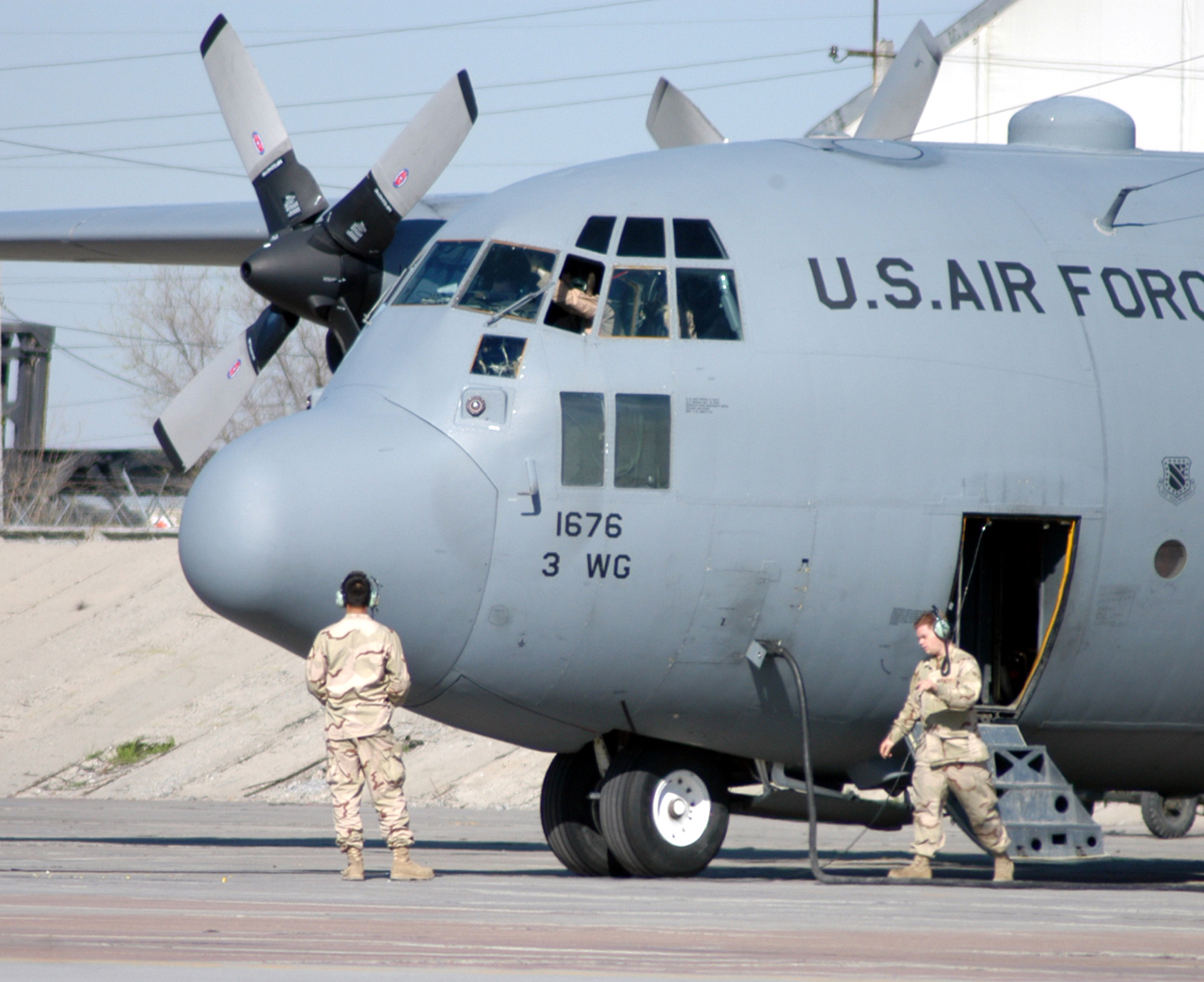
U.S. MILITARY PRESENCE AT RISK IN CENTRAL ASIA
Publication: Eurasia Daily Monitor Volume: 2 Issue: 132
By:

With Moscow in the lead, the Russo-Chinese tandem has advanced from a containment policy to a rollback policy toward the United States in Central Asia. Moscow and Beijing have used the Shanghai Cooperation Organization’s (SCO) July 5 summit in Kazakhstan to challenge the rationale for the U.S.-led military presence in Central Asia and to call for setting deadlines for that presence (see EDM, July 6).
The SCO’s initiative is meant to instigate national demarches by the host countries — Uzbekistan, Kyrgyzstan, and Tajikistan. Russian policy planners count on these countries themselves to ask the United States and other Western countries to discuss placing specific time limits on the functioning of coalition bases and installations. Such demarches seem to be in the offing.
On July 7, a communique by Uzbekistan’s Ministry of Foreign Affairs accused the United States of failing to carry out the terms of the October 7, 2001, agreement that governs, inter alia, the operation of the Karshi-Khanabad base. According to the Uzbek communique, the United States has not been paying the landing and takeoff fees for its flights as stipulated; has not reimbursed Uzbekistan for the costs incurred in guarding and servicing the base; and has not compensated Uzbekistan for ecological damage and the inconvenience caused to the local population. This last point, especially, seems to signal that Uzbekistan is not averse to ending the basing arrangement. Tashkent has already suspended major parts of that arrangement by suspending flights of C-17 heavy transport planes as well as nighttime flights at the U.S. base.
The Uzbek communique goes on to cite the goals of the U.S. military presence under the 2001 agreement: eliminating threats from the Taliban and international terrorism originating in Afghanistan, enhancing the security and stability of Uzbekistan, and supporting military operations in northern Afghanistan. “These considerations will determine any decision by Uzbekistan regarding the prospects of the U.S. military presence in the country,” the communique states (Interfax, July 7).
Uzbekistan has already accused the United States of failing to live up to those commitments in connection with the May 12-13 rebellion in Andijan. President Islam Karimov repeated those accusations in his SCO summit speech (Uzbek Television First Channel, July 6).
In Kyrgyzstan, Acting Minister of Foreign Affairs Roza Otunbayeva held a news conference to rehash the SCO declaration’s arguments for setting a deadline on the U.S.-led military presence. She echoed the contention that Afghanistan has basically been stabilized and that active military operations are no longer necessary in that country, thus implying that the Manas base in Kyrgyzstan has lost its raison d’etre. Citing the U.S.-Kyrgyzstan agreement of 2001, which stipulates that either side may discontinue the basing arrangements with 180 days advance notice, Otunbayeva stated, “We intend to act in line with this and discuss the matter. We want to know how long the base is going to stay” (Itar-Tass, Interfax, July 6).
In a similar vein, Acting Deputy Prime Minister Adakhan Madumarov stated that any decision to discontinue the basing arrangement would be an “internal decision by Kyrgyzstan,” in which case the country would not obligated to explain the reasons for it. (Interfax, July 7).
Otunbayeva (who is presumed to be pro-American) and Madumarov came to power in April as part of the U.S.-supported regime change. Another post-revolution leader, acting Prime Minister Felix Kulov, called last month for the creation of a second Russian military base in Kyrgyzstan. This could not have been the U.S. game plan for regime change in that country.
Tajikistan seems to take a far more nuanced view, partly due to the fact that it only hosts a small French contingent on its territory at this time. The Deputy Director of the Strategic Research Center attached to Tajikistan’s presidential office, Sayfullo Safarov, lost no time refuting the SCO summit’s and even Moscow’s theses. He bluntly argued that the SCO and the CIS Collective Security Organization are ineffective, lack resources to counter international terrorism and drug trafficking, and unable to maintain security in Central Asia. Consequently, “It would be premature to impose [time-limitation] requirements on the United States and NATO military” (Avesta, July 6).
Responding to the SCO’s declaration, the U.S. State Department and the American embassies in Moscow and in Central Asian countries have pointed out that the basing arrangements and other aspects of the military presence are determined by bilateral agreements with each country. Consequently, Washington will only use bilateral channels for any discussions on this issue with each host country. The French embassy in Dushanbe has taken a similar position (Avesa, July 7).
In Moscow, the former prime minister, minister of foreign affairs, and intelligence chief Yevgeny Primakov hailed the Kremlin’s performance in using the SCO summit to trigger national demands for withdrawal of U.S. forces: “For the first time, a [diplomatic] formula has been announced that can put an end to the American military presence in Central Asia,” Primakov commented (Interfax, July 7).




